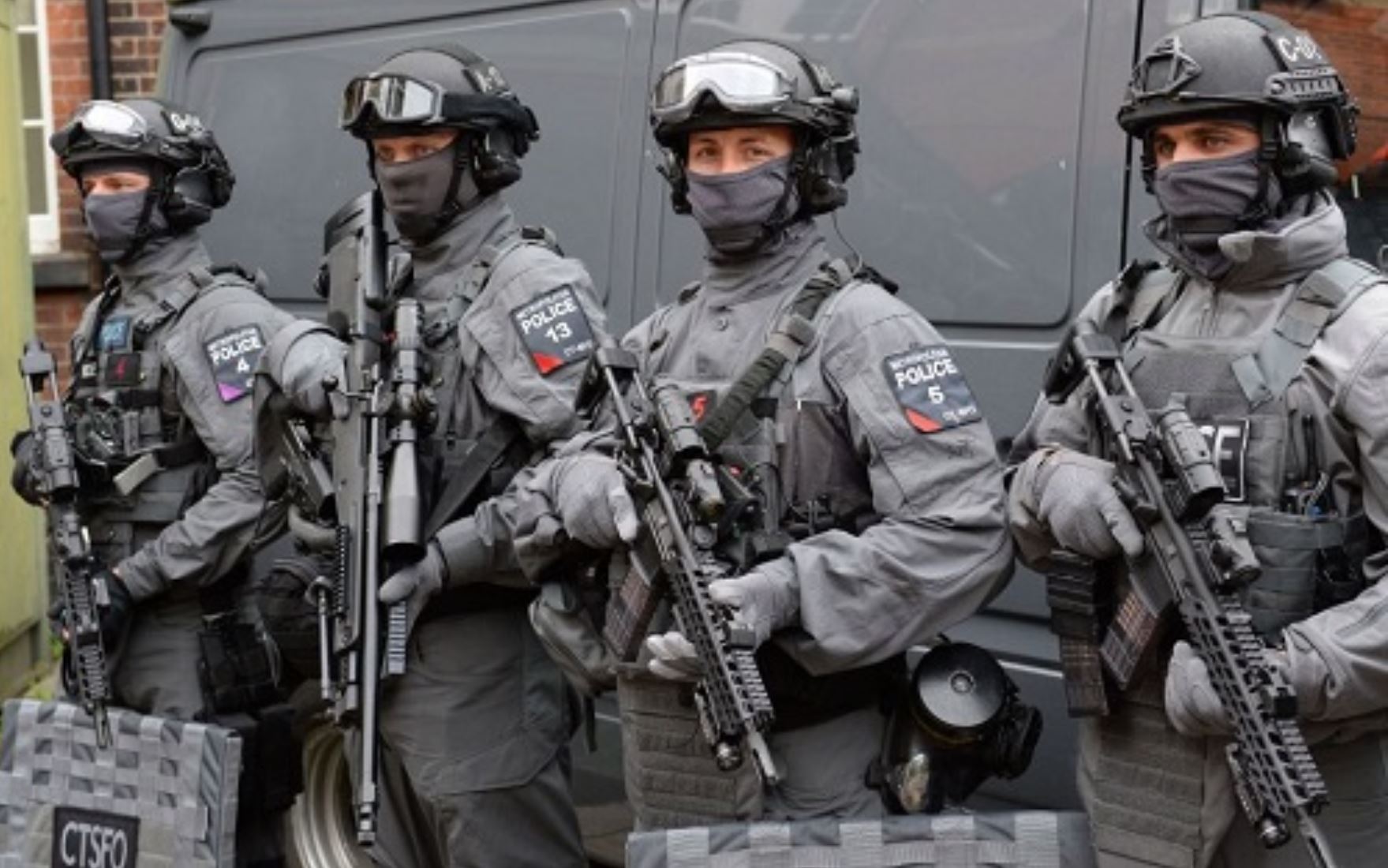

Yet there was another meaning of martial law: the power of the government or citizens to ‘maintain public order, at whatever cost of blood or property may be necessary’ (Dicey 2005: 187).

This kind of martial was ‘unknown to the law of England’, and that was ‘an unmistakeable proof of the permanent supremacy of the law under our constitution (Dicey 2005: 182, 183). One, martial law, ‘in the proper sense of that term’, meant the suspension of law and the government of a country or regions by military tribunals. To justify this view, Dicey drew a dubious distinction between two types of martial law. It was a ‘right, or power’ that was ‘essential to the very existence of orderly government, and is most assuredly recognized in the most ample manner by the law of England’ (Dicey 2005: 155, citing R v Pinney (1832) 5 Car & P 254). Dicey, who is best known as a proponent of the concept of ‘rule of law’, said the term martial law was most accurately ‘employed as a name for the common law right of the Crown and its servants to repel force by force in the case of invasion, insurrection, riot, or generally of any violent resistance to the law’ (Dicey 2005: 288). Writing toward the end of the nineteenth century, however, Dicey asserted that the right to invoke martial law is ‘a right inherent in government’ (Dicey 2005: 543–5). Indeed, it was ‘in truth no law but something rather than allowed as law, a temporary excrescence bred out of the distemper of the state’ (Blackstone 2001: 413).

Writing in 1809, he said martial law was ‘built upon no settled principle, but is entirely arbitrary in its decisions’. Yet, this view seemed to shift somewhat during the nineteenth century.Īt the beginning of that century, Blackstone conceded that the rules regarding the power to declare martial law were unclear and capricious. Thirdly, courts have recognised indemnities, immunities from prosecution and defences, such as self-defence and ‘reasonable use of force’.įourthly, courts have protected governments from punishment for official lawlessness – acts of surveillance, harassment, violence or intimidation undertaken in the name of defending the state.Īfter the final defeat of the absolute monarchy in 1688 and up until the nineteenth century, martial law was regarded as an emergency suspension of the rule of law, strictly confined to cases of necessity in times of war, not in times of peace when ordinary courts were open (Capua 1977). It is beyond the scope of this book to fully explore these doctrines, but a brief examination is needed. Secondly, over the past few centuries, the courts have developed the doctrines of revolutionary legality and necessity to justify draconian government actions or ‘successful’ revolutions that become new legal orders. Martial law declarations can pave the way for extensive military powers, including the right to summarily try and execute individuals, in order to put down civil unrest. In addition to whatever emergency legislation is in place, and regardless of any limits supposedly placed on governments by that legislation, the English-derived common law provides considerable scope for dictatorial measures.įirstly, the common law has been prepared to support recourse to the imposition of martial law, which is, in essence, the suspension of law altogether. Martial Law, Emergency Doctrines, Official Lawlessness and Judicial Complicity


 0 kommentar(er)
0 kommentar(er)
